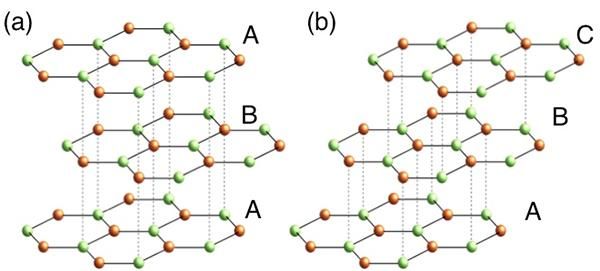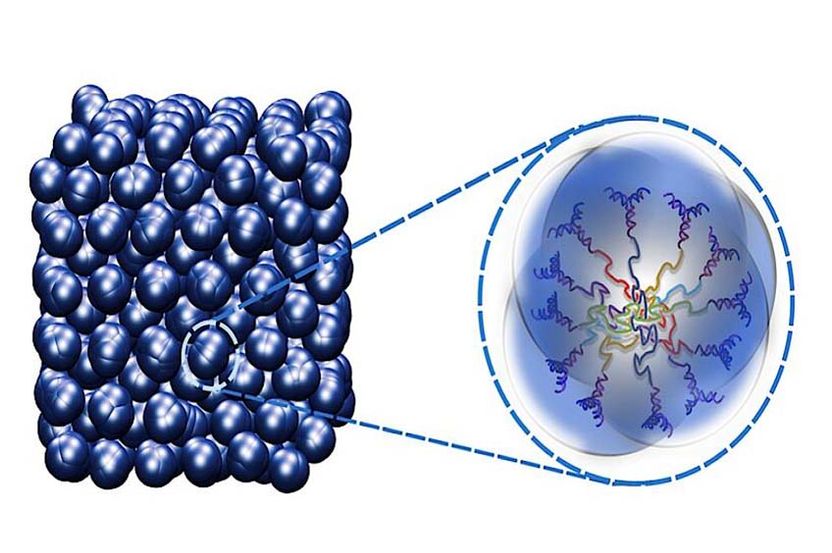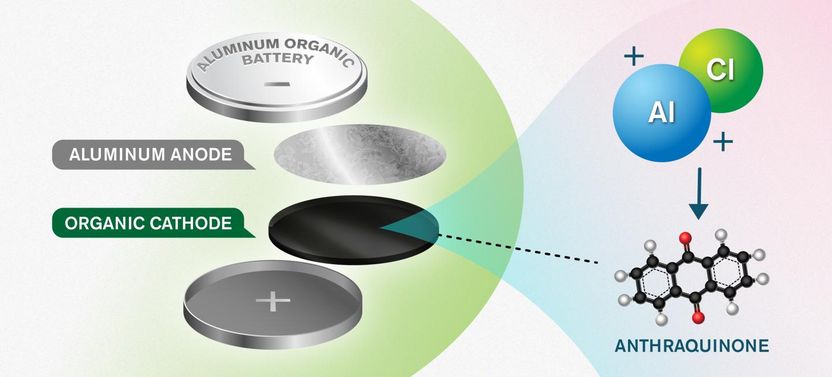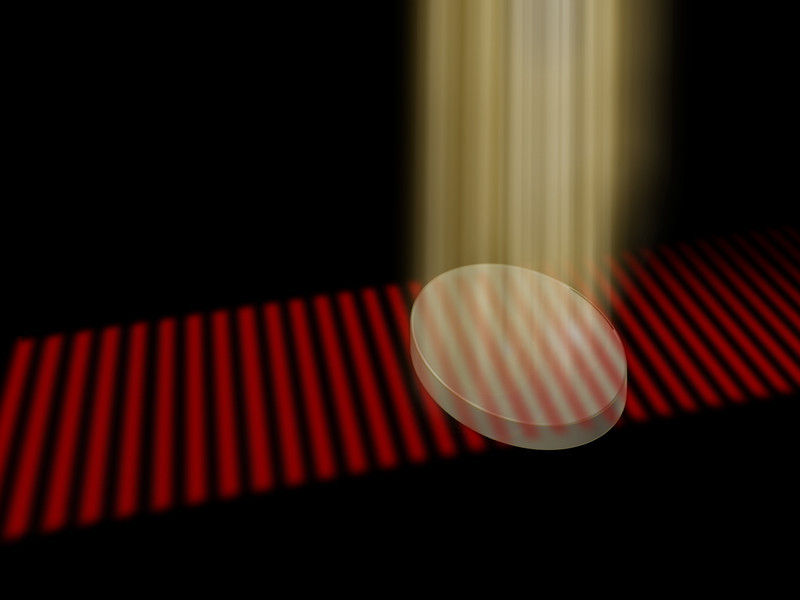BASF and CSM explore a bio-based succinic acid joint venture
The two companies will intensify their collaboration with the aim to become the leading supplier in the succinic acid market
BASF SE and Purac, a subsidiary of CSM nv, announced the start of negotiations to form a joint venture for the production of bio-based succinic acid. The companies have been conducting research under a joint development agreement on bio-based succinic acid since 2009. The complementary strengths in fermentation and downstream processing led to the development of a sustainable and highly efficient manufacturing process based on a proprietary microorganism. The demand for succinic acid is anticipated to grow strongly in the next years. Main drivers are expected to be bioplastics, chemical intermediates, solvents, polyurethanes and plasticizers.
“We are happy to bring our partnership with Purac to the next level,” said Dr. Andreas Kreimeyer, Member of the Board of Executive Directors and Research Executive Director of BASF. “Until now our partnership has been very successful, and moving towards a joint venture will strengthen our goal to become the leading supplier in the succinic acid market.”
“We aim to be the first commercial producer in the market with a 25,000 tons capacity fermentation production plant at the Purac site near Barcelona, Spain, with the intention to start up by 2013 at the latest,” said Gerard Hoetmer, Chief Executive Officer of CSM. “In addition, we are already planning a world-scale plant with a capacity of 50,000 tons to account for the expected demand growth. This partnership has enormous potential as it leverages the combined competencies of two leading companies in their fields.”
During the existing cooperation critical steps of the jointly developed production process have been validated in several successful production campaigns. The resulting volumes were used to evaluate the market. “After successfully testing the BASF in-house applications we are now able to make large volumes available for external customers,” said Dr. Thomas Weber, Managing Director of BASF Future Business GmbH with regard to the recent industrial production campaign in June 2011. “The goal is to globally provide a high product quality and offer security of supply to the customers,” Fabrizio Rampinelli, Managing Director of Purac, added. “Through this bio-based succinic acid collaboration we aim to add another important new growth-pillar to our bio-based polymers and green chemical business.”
The newly developed process combines high efficiency with the use of renewable substrates and the fixation of the greenhouse gas CO2 during the production. This results in a positive eco-footprint and makes bio-based succinic acid an economically and ecologically attractive alternative to petrochemical substitutes. The employed microorganism Basfia succiniciproducens is a natural producer of succinic acid and can process a wide variety of C3, C5 and C6 renewable feedstocks, including biomass sources.
Organizations
Other news from the department business & finance

Get the chemical industry in your inbox
By submitting this form you agree that LUMITOS AG will send you the newsletter(s) selected above by email. Your data will not be passed on to third parties. Your data will be stored and processed in accordance with our data protection regulations. LUMITOS may contact you by email for the purpose of advertising or market and opinion surveys. You can revoke your consent at any time without giving reasons to LUMITOS AG, Ernst-Augustin-Str. 2, 12489 Berlin, Germany or by e-mail at revoke@lumitos.com with effect for the future. In addition, each email contains a link to unsubscribe from the corresponding newsletter.
Most read news
More news from our other portals
Last viewed contents
Acacia_baileyana
National_Biofuel_Policy
Category:EC_1.7.99
Unlocking the Secrets of High-temperature Superconductors

Stacking on the graphene

New State of Matter: Crystalline and Flowing at the Same Time - Particles with pompom-like structure

A new concept could make more environmentally friendly batteries possible
Boulangerite
























































